

Webinar: Higher Health Care Value Post COVID-19
The Research Consortium for Health Care Value Assessment will host its first webinar on Thursday, October 8th, from 1:00-3:00 p.m. EST. The webinar will be facilitated by V-BID Center Director Mark Fendrick. Topics include how to use health care dollars wisely in the context and aftermath of COVID-19 and ways to reduce waste to best respond to the next public health emergency. Click here to register for the event!


Contributions of Public Health, Pharmaceuticals, And Other Medical Care to US Life Expectancy Changes, 1990-2015

When Cost-Sharing Waivers for COVID-19 Treatment Expire for People with Private Insurance Plans
The Kaiser Family Foundation released a new graphic summarizing when current cost-sharing waivers for COVID-19 treatment expire for privately insured Americans. Expiration dates range from August 2020 to December 2020, with some waivers concluding at the end of the public health emergency. Out-of-pocket costs may pose significant barriers to Americans who need COVID-19 related care.

Copay Savings Programs for Prescription Drugs: Who Saves and How Much?
Copay savings programs are most common for expensive-to-treat conditions like diabetes, psoriasis, and HIV. While these programs are available for both uninsured and insured patients, they can be challenging to access and have unclear eligibility requirements. Copay savings programs, when used appropriately, could increase use of high-value medications that otherwise come at a high cost to patients.

Trends in Low-Value Carotid Imaging in the Veterans Health Administration From 2007 to 2016
The Choosing Wisely campaign has led medical societies to identify some uses of carotid imaging as low-value care. Following updates to recommendation guidelines, rates of low-value carotid imaging did not appear to change. The authors believe interventions targeting the ordering clinicians are needed to meaningfully reduce low-value testing and utilization cascades.
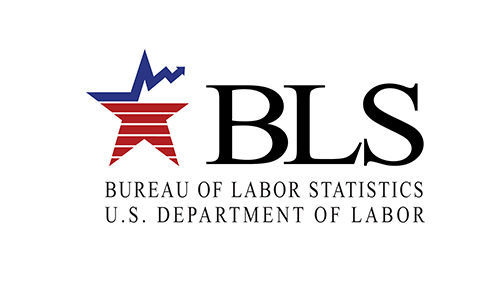
Employee Benefits Survey Fact Sheet: High-Deductible Health Plans and Health Savings Accounts
The U.S. Bureau of Labor Statistics released a fact sheet indicating that high-deductible health plan availability has increased by over 20% between 2010 and 2018. Increasing prevalence of high-deductible health plans means that more Americans are exposed to the significant financial constraints associated with these plans, which may result in lower care utilization and poorer health outcomes.
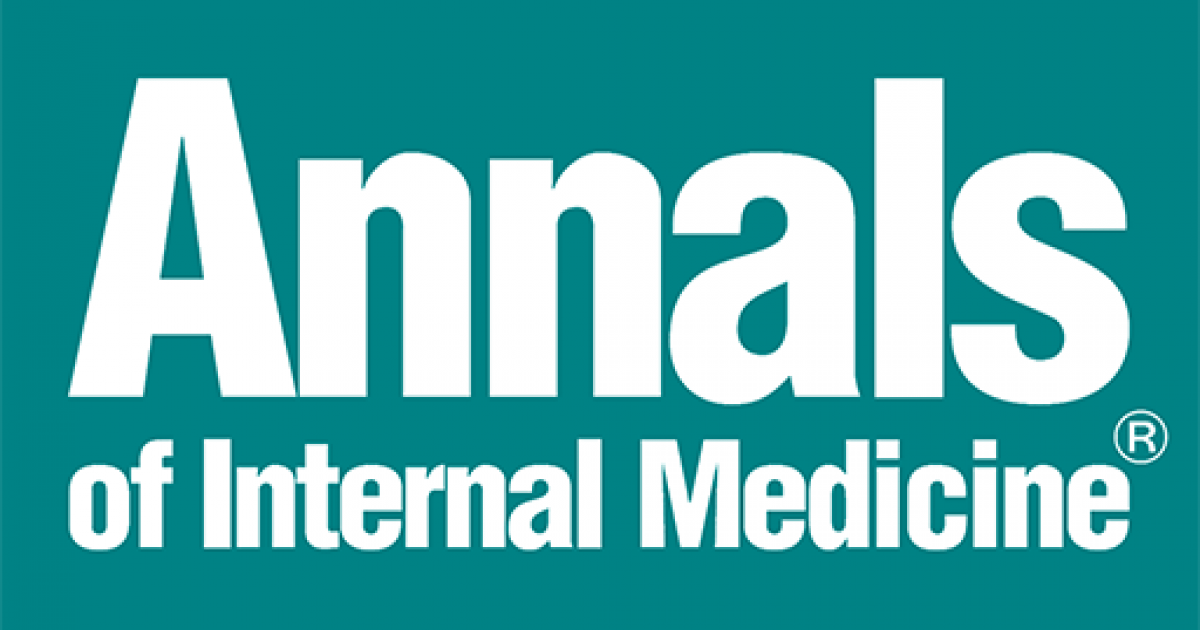
National Trends in Drug Payments for HIV Pre-Exposure Prophylaxis in the United States, 2014 to 2018
Third-party and out-of-pocket costs for HIV pre-exposure prophylaxis increased annually from 2014 to 2018, potentially hindering PrEP expansion. PrEP is now covered without consumer cost-sharing in many instances after being awarded a grade “A” recommendation by the United States Preventive Services Task Force in 2019.
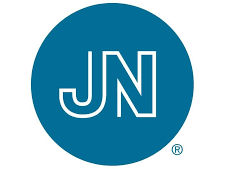
Potential Change in Insulin Out-of-Pocket Spending Under Cost-Sharing Caps Among Pediatric Patients with Type 1 Diabetes
New research posits that if $25 and $100 out-of-pocket spending caps were implemented nationally, privately insured children and adults with type 1 diabetes would have significantly decreased costs. Decreasing financial barriers to insulin can help young Americans afford their essential medications and improve their overall health.
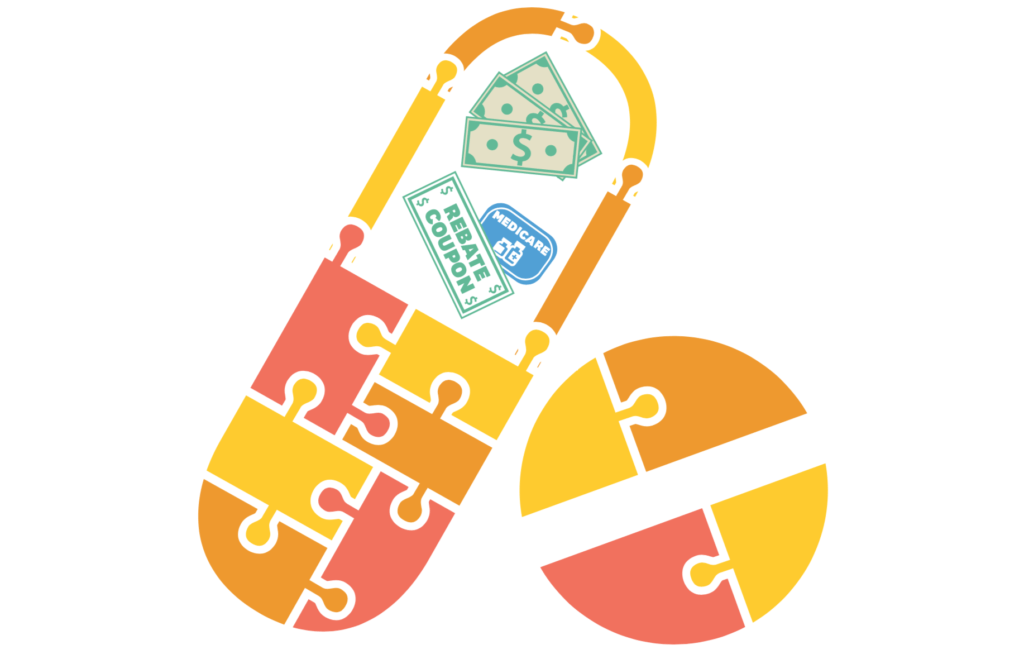
Out-of-Pocket Costs for Novel Guideline-Directed Diabetes Therapies Under Medicare Part D
Novel diabetes drugs are expensive, and switching to the newly recommended drug classes could increase Medicare Part D beneficiaries’ out-of-pocket costs by 3- to 8-fold. By implementing a precision benefit design, plans would be able to set the level of consumer cost-sharing based on the clinical value, not solely the price, of a drug or treatment.


Four Strategies to Advance Value-Based Care During and After a Crisis
Major disruptions in the health care industry can also be auspicious times for the incorporation of value-based care. In a recent article featuring value-based care experts, V-BID Center Director Mark Fendrick discusses how the COVID-19 pandemic has created a unique opportunity to increase funding for evidence-based services and reduce spending on low-value care.

50% in U.S. Fear Bankruptcy Due to Major Health Event
A new study from West Health and Gallup has revealed that half of U.S. adults are concerned that a major health event in their household could lead to bankruptcy. This worry is amplified among non-white Americans, as 62% of non-white adults reported concerns about medical bankruptcy. Curtailing the rising costs of care, especially prescription drugs prices, is a major concern for Americans.

Patients with Lupus More Likely to Skip Doses, Delay Filling Prescriptions Due to Cost

Some Physicians Are Ordering Thyroid Tests for Unsupported Reasons
Up to one-third of physicians in a recent study reported sending patients for thyroid ultrasounds for reasons that aren’t clinically supported, such as abnormal thyroid function test results or because patients requested the procedure. Ordering unnecessary tests could cause unintended harm. Read more about the need to reduce low-value care from our one pager.
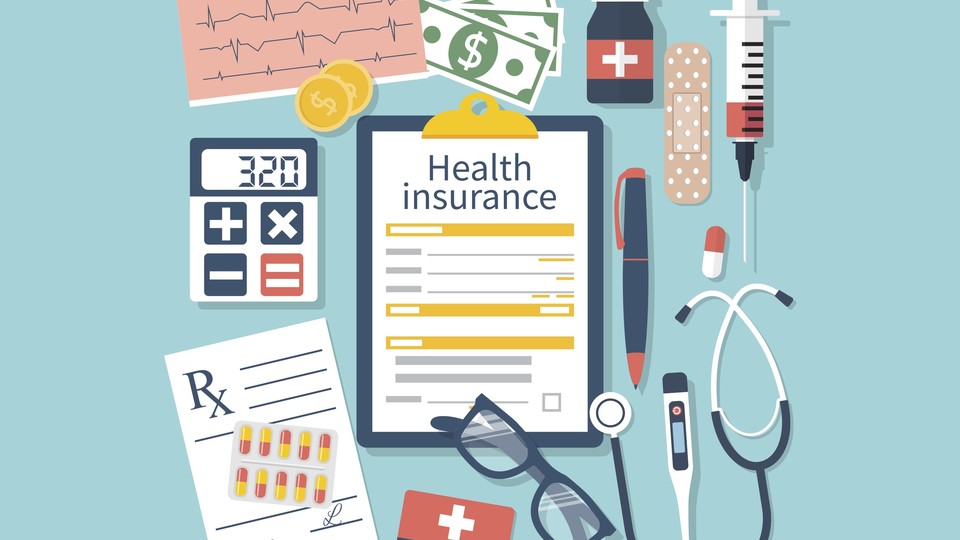
Medicaid Managed Care Plans' Cost-Controlling Efforts are Blunt, Research Suggests


Webinar: Increasing Access to Necessary Care During the COVID-19 Pandemic & Beyond
COVID-19 has dramatically changed health care delivery and financing, impacting both high-value care and services that deliver little or no clinical benefit. On August 13, 2020, the V-BID Center held an interactive webinar that addressed how the pandemic has created a rare opportunity to enhance the efficiency of medical expenditures. Click here to read a webinar summary from The American Journal of Managed Care.
Please Help Support the V-BID Center
As a non-profit entity, the V-BID Center relies on fundraising to support our research, education, and policy efforts. Please help us continue our work by donating here. We truly appreciate your consideration.


